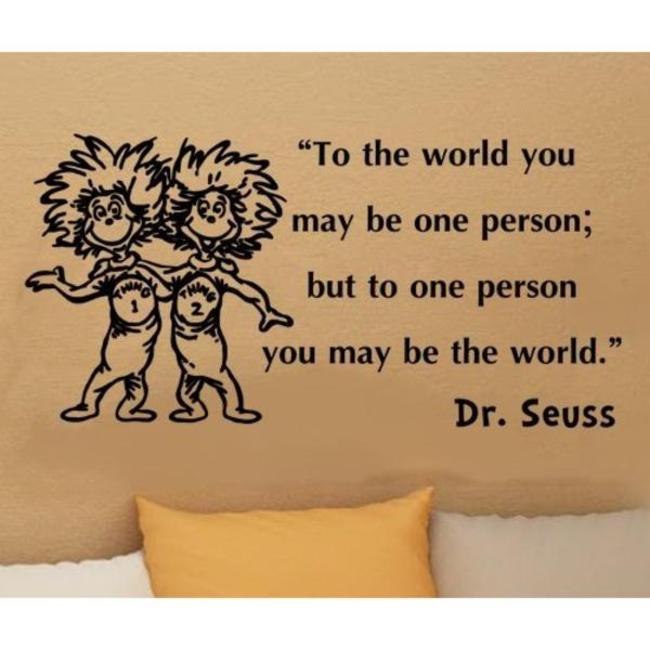A World Digital Library Is Coming True!
Patricia Thompson stashed this in Random Tidbits
Stashed in: Science!, Curation, Books!, The World, Science Too, Content is king.
Consider the cost of scientific periodicals, most of which are published exclusively online. It has increased at four times the rate of inflation since 1986. The average price of a year’s subscription to a chemistry journal is now $4,044. In 1970 it was $33. A subscription to the Journal of Comparative Neurologycost $30,860 in 2012—the equivalent of six hundred monographs. Three giant publishers—Reed Elsevier, Wiley-Blackwell, and Springer—publish 42 percent of all academic articles, and they make giant profits from them. In 2013 Elsevier turned a 39 percent profit on an income of £2.1 billion from its science, technical, and medical journals.
All over the country research libraries are canceling subscriptions to academic journals, because they are caught between decreasing budgets and increasing costs. The logic of the bottom line is inescapable, but there is a higher logic that deserves consideration—namely, that the public should have access to knowledge produced with public funds.
Congress acted on that principle in 2008, when it required that articles based on grants from the National Institutes of Health be made available, free of charge, from an open-access repository, PubMed Central. But lobbyists blunted that requirement by getting the NIH to accept a twelve-month embargo, which would prevent public accessibility long enough for the publishers to profit from the immediate demand.
According to a study completed in 2006 by John Houghton, a specialist in the economics of information, a 5 percent increase in the accessibility of research would have produced an increase in productivity worth $16 billion.
That is eye opening.
I for one would love to see a future where the spread of knowledge is accelerated.
I for one would love to see a future in which as much information is openly available to as many people as possible.
I hope I can get a library card to this library ;) What a great thing for us all to have, a universal library card!
Sign me up too! :-)
Doesn't it sound like this library will be a bigger part of the Internet itself?
The biggest barriers to open, free knowledge sharing isn't money. It's prestige and politics:
The main impediment to public-spirited publishing of this kind is not financial. It involves prestige. Scientists prefer to publish in expensive journals like Nature,Science, and Cell, because the aura attached to them glows on CVs and promotes careers. But some prominent scientists have undercut the prestige effect by founding open-access journals and recruiting the best talent to write and referee for them. Harold Varmus, a Nobel laureate in physiology and medicine, has made a huge success of Public Library of Science, and Paul Crutzen, a Nobel laureate in chemistry, has done the same with Atmospheric Chemistry and Physics. They have proven the feasibility of high-quality, open-access journals. Not only do they cover costs through processing fees, but they produce a profit—or rather, a “surplus,” which they invest in further open-access projects.
The pressure for open access is also building up from digital repositories, which are being established in universities throughout the country. In February 2008, the Faculty of Arts and Sciences at Harvard voted unanimously to require its members (with a proviso for opting out or for accepting embargoes imposed by commercial journals) to deposit peer-reviewed articles in a repository, DASH (Digital Access to Scholarship at Harvard), where they can be read by anyone free of charge.
DASH now includes 17,000 articles, and it has registered three million downloads from countries in every continent. Repositories in other universities also report very high scores in their counts of downloads. They make knowledge available to a broad public, including researchers who have no connection to an academic institution; and at the same time, they make it possible for writers to reach far more readers than would be possible by means of subscription journals.











3:42 PM May 14 2014